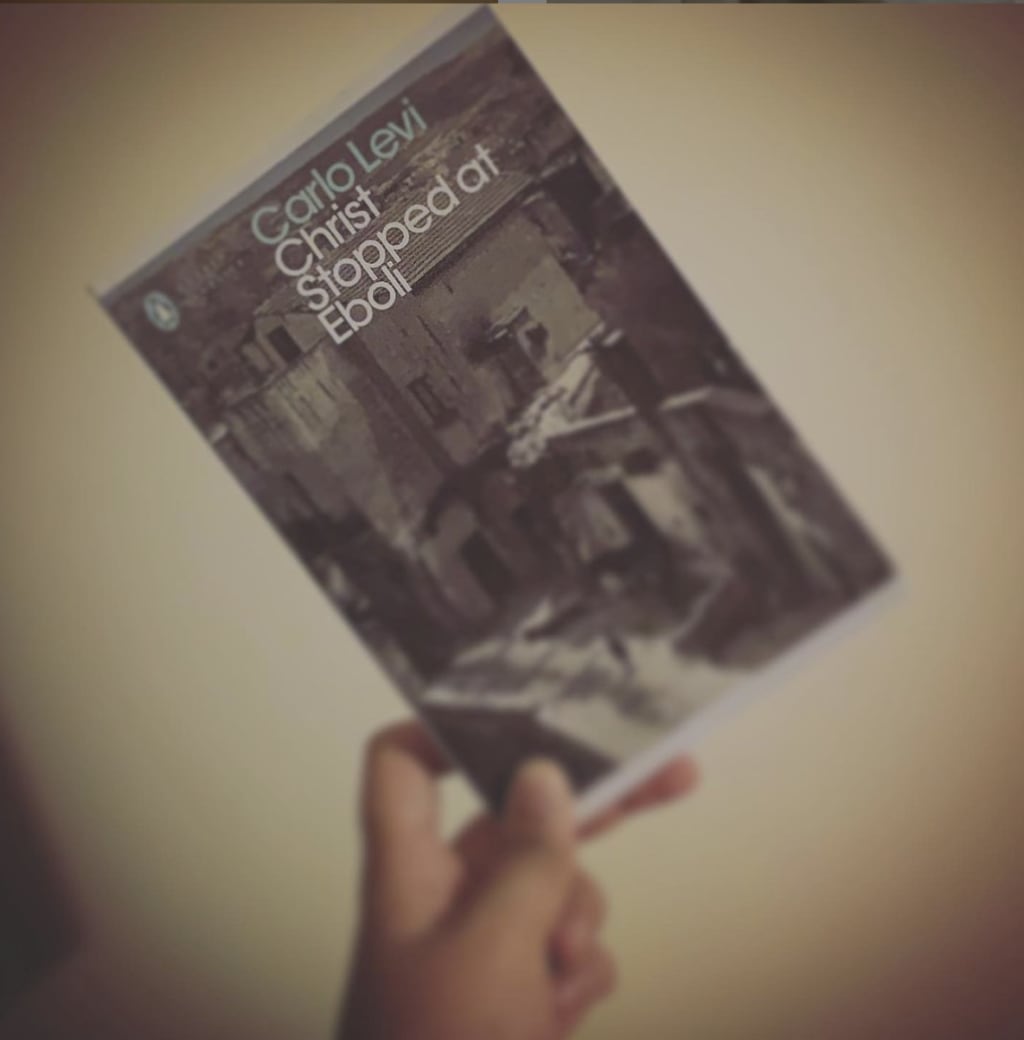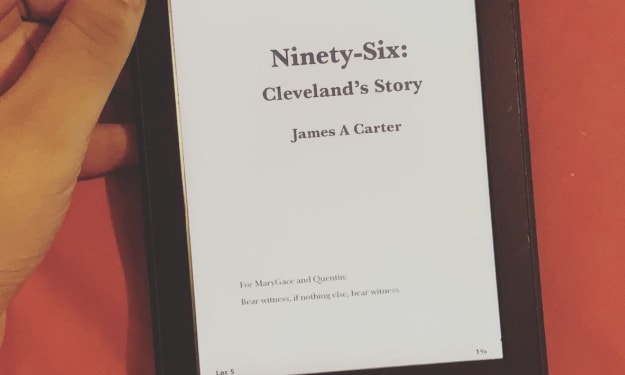Book Review: "Christ Stopped at Eboli" by Carlo Levi
5/5 - Torment in exile...

I have read some few books about exile in my lifetime and honestly, I have never read something as harrowing as this about exile. Normally, exile is something that is almost self-sustained, the protagonist just tries to get used to it whilst they wander around. In Shakespeare’s Richard II, we see that the exile of the two men impacts one far more than the other with Thomas Mowbray asking what this sentence is but death that ‘robs (him) from breathing native breath’ and Henry Bolingbroke accepting the circumstances of his exile for hurting the King’s feelings and disturbing the peace. In this novel though, Carlo Levi never really gets used to his exile, he seems to just go with it with each chapter offering something new and harrowing in every case. Every time something massively emotional pops up, we get these massive speeches about how religion and civilisation have stopped as if nothing of faith has ever been let into Eboli. It is a really upsetting book in my opinion and after reading it, I just had to stop for a bit because all of that was a bit much to take in at once.
Eboli is the place that Carlo Levi was exiled to once he opposed the fascist regime of Italy and honestly, it is one of the strangest places in all of Italy that I have ever heard of. Eboli is a place that is almost desolate and void of all hope and faith. There is nothing but injury, sadness and disease in these parts - unlike the other parts of Italy which were rising up and warming up to the regime of fascism - Eboli was filled with a mixture of people who had all been abandoned by their government. Now in the hands of a madman, the leadership of Italy exiled deflectors to this desolate area and kept them there as punishment for their rebellion. Carlo Levi was one of these people and describes some increasingly upsetting situations in graphic detail.
Let me give you an example:
In one of the earlier chapters of “Christ Stopped at Eboli” Carlo Levi observes the disease-ridden areas of Italy as he accustoms himself to the surroundings of abject poverty. One of these is Malaria. There is a man with Malaria who does not look like he is getting any medical attention and when he is, he screams in agony. The torture of having this disease and being in an unhygienic area such as this is only making it worse and all Carlo Levi can do is stand by and watch as the man writhes in pain. The description is almost sickening it is so graphic.
The title of course, shows us that the idea of the book is to show the duplicity of early 20th century Italy. There is something about the duplicitous nature of the country that makes us believe in the fact that the state was doing a lot more wrong than they were letting on - even in the case of fascism.
In conclusion, I’m not going to lie but I think I almost cried at the end of the novel - it is an autobiography of a time in Carlo Levi’s life that I’m pretty sure was far more horrific to witness than it was for me to read about. The sheer amount of suffering in a country that was supposed to be one that helped its people is surprising. The whole point of the government for getting rid of these people was to put them in an area not so they would be quiet, but hopefully they would catch something and die. It is horrifyingly emotional.
About the Creator
Annie Kapur
200K+ Reads on Vocal.
English Lecturer
🎓Literature & Writing (B.A)
🎓Film & Writing (M.A)
🎓Secondary English Education (PgDipEd) (QTS)
📍Birmingham, UK






Comments
There are no comments for this story
Be the first to respond and start the conversation.